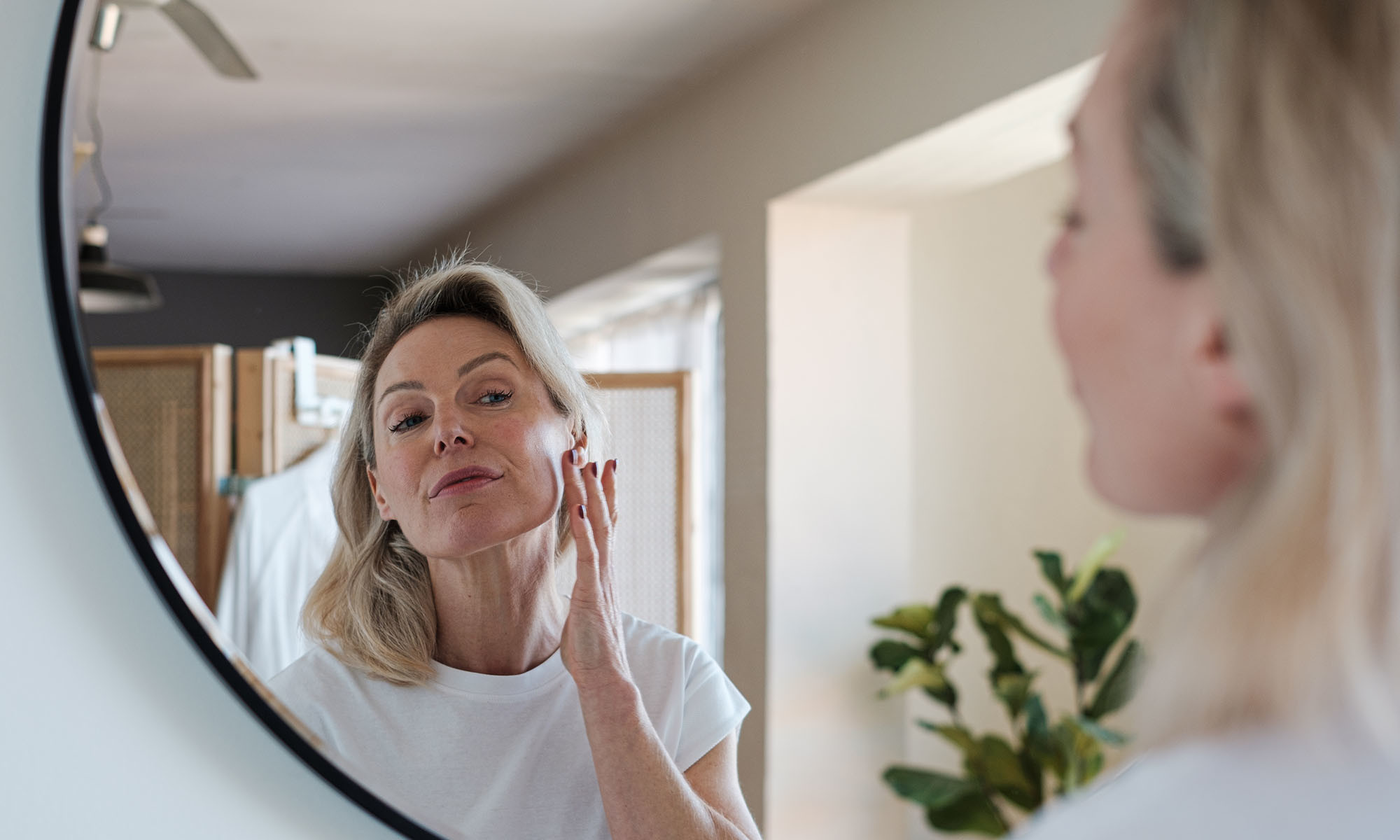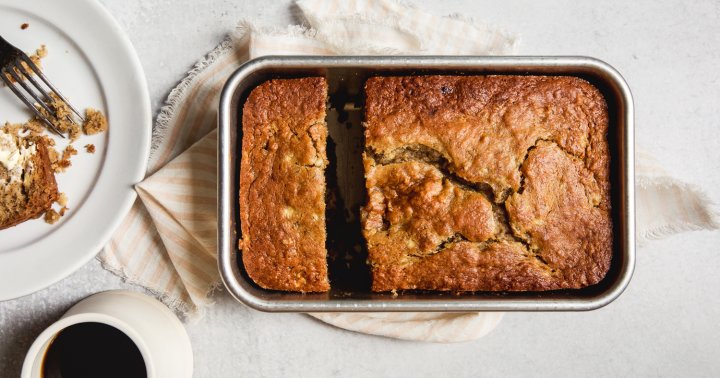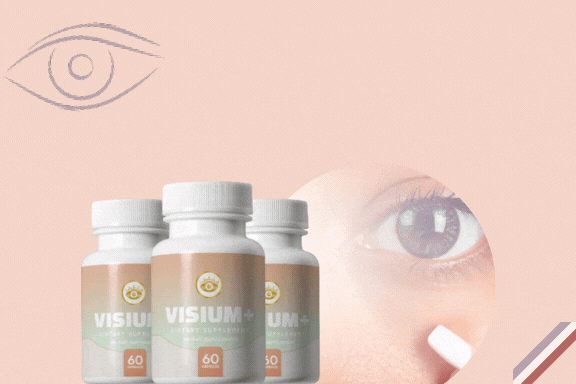Let's Clear This Up — Does Retinol Thin Your Skin Or Not?
Let's get to the bottom of the debate, once and for all.

Advertisement
This ad is displayed using third party content and we do not control its accessibility features.

Beauty & Health Editor
Beauty & Health Editor
Hannah Frye is the Beauty & Health Editor at mindbodygreen. She has a B.S. in journalism and a minor in women’s, gender, and queer studies from California Polytechnic State University, San Luis Obispo. Hannah has written across lifestyle sections including beauty, women’s health, mental health, sustainability, social media trends, and more. She previously worked for Almost 30, a top-rated health and wellness podcast. In her current role, Hannah reports on the latest beauty trends and innovations, women’s health research, brain health news, and plenty more.

Image by Stocksy // Malquerida Studio
October 03, 2024
We carefully vet all products and services featured on mindbodygreen using our
Our selections are never influenced by the commissions earned from our links.
There are a whole lot of skin care myths out there—and new ones pop up every day (thank you, TikTok). We could spend days separating fact from fiction, but today, we're here to myth bust one of the most popular suspicions: Does retinol thin your skin?
Given how complex and varied retinol formulas can be, we don't blame anyone for asking this confusing question. Here, we're going to quickly break down what we know about thinning skin and how retinol works, so we can get to the bottom of the debate, once and for all.
What causes thin skin?
Let's be honest: What thin skin looks like to you will probably be different from somebody else. But in this context, "thin" generally means a loss of density. This can also lead to crepey skin, as some call it.
Now, if your skin appears thick and supple when you're young but slowly thins as you age, what's causing that shift? Well, it's all about collagen production—which begins to slow down when you reach your mid-20s, by about 1% each year1.
When you lose collagen in your skin, it begins to look wrinkled, fragile, and fine. "It may also sag or feel loose," board-certified dermatologist Hadley King, M.D., once told mbg. To be clear, there's nothing wrong with aging skin. However, if you want to keep your skin looking taut and firm as you grow older, there are definitely healthy ways to do so.
How retinol affects skin density
So, if you're looking to support collagen production as you age, then you'll need to target that mechanism at the source—essentially, balancing what is lost by stimulating new collagen to support fuller, tighter skin.
One way of doing so is actually by using retinol, contrary to the popular misconception that retinol thins your skin. Here's why it works: "Retinol binds to retinoid receptors within skin cells," board-certified dermatologist Joshua Zeichner, M.D., previously explains to mbg. This "activates genes that upregulate collagen production."
This effect has been observed in clinical studies, too, where retinol treatment stimulated collagen production2 in mature skin, helping decrease the appearance of wrinkling. So, alas, retinol does not thin the skin; it actually helps you maintain skin density and elasticity.
Now, if you're concerned about thinning skin, retinol is not the only way to go about boosting your collagen production. You can also work from within by ingesting hydrolyzed (yes, only hydrolyzed) collagen peptides. If you're looking for a trusty collagen supplement, here's a list of the nine best options, each backed by a nutrition Ph.D.
The takeaway
Contrary to popular belief, retinol does not thin your skin; it actually helps you maintain thicker, fuller skin. If you want to up your healthy aging routine even more, there are plenty of ways to do so, starting with a constant skin care routine. Here are the best products derms recommend to support your skin as it continues to age, including daily and weekly must-haves.

 JaneWalter
JaneWalter -v1646695196476.jpg?1148x800)

































